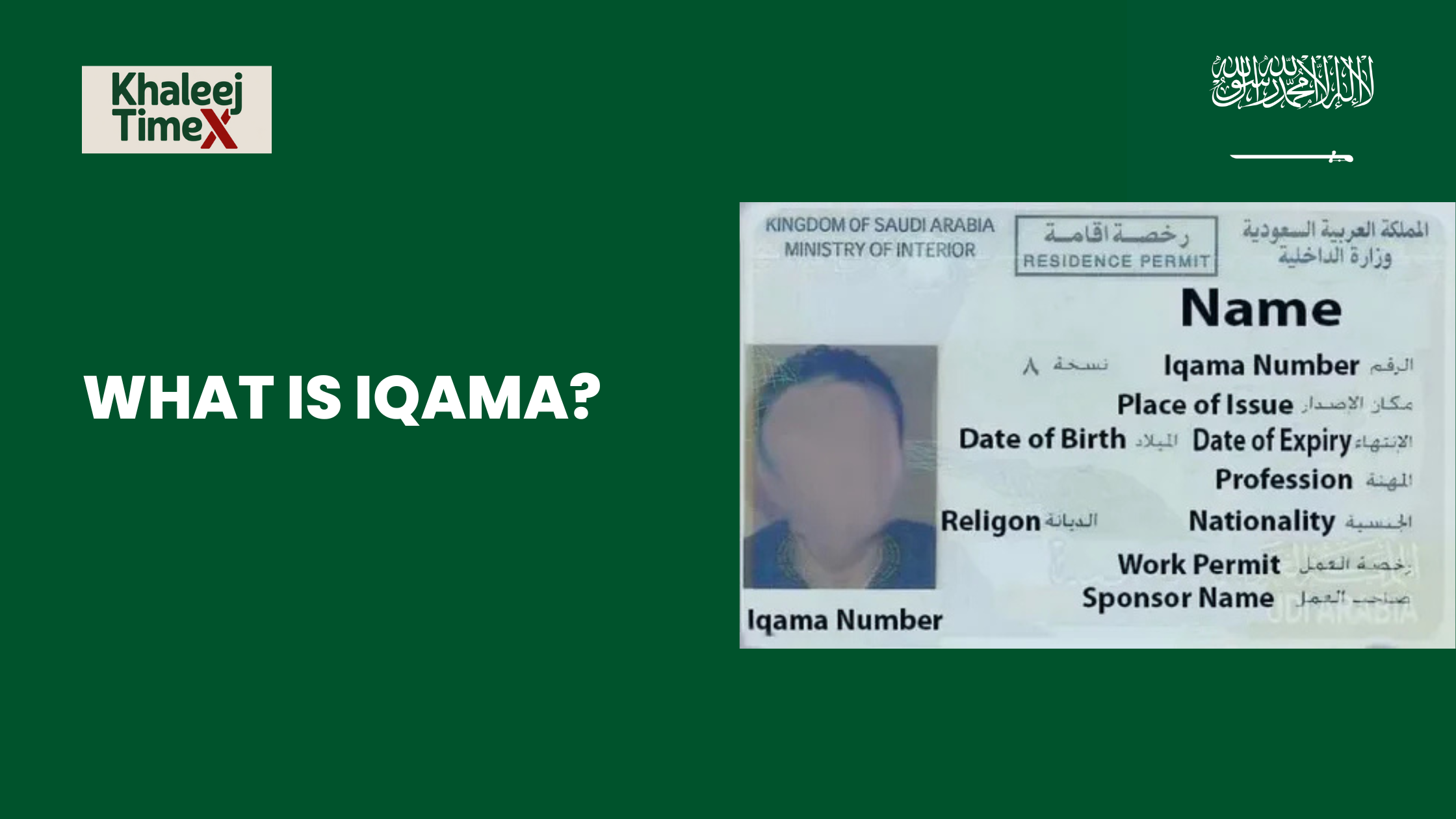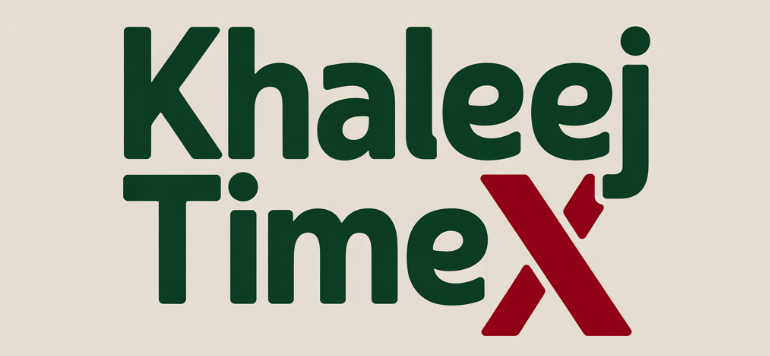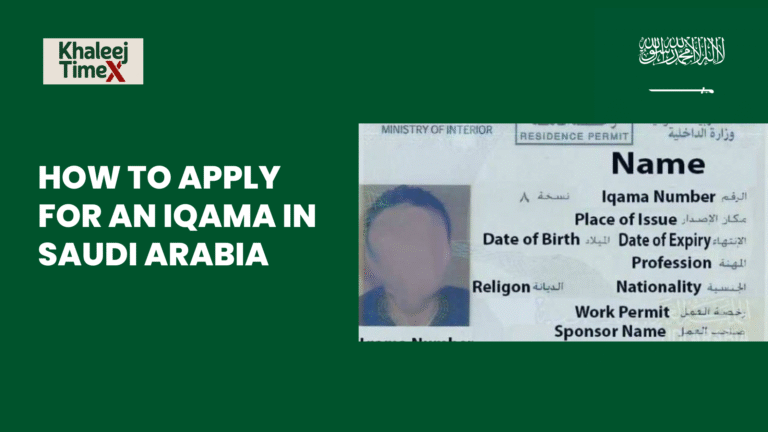What is Iqama?

The term “Iqama” holds significant meaning in both civil and religious contexts, particularly in Saudi Arabia and the broader Islamic world. It is a word that resonates with expatriates navigating life in the Kingdom, as well as with Muslims around the globe engaging in daily worship. Understanding Iqama in both these contexts offers a comprehensive view of its societal and spiritual relevance. On one hand, Iqama refers to the official residency permit issued by the Saudi government, allowing foreigners to live and work legally in the country. On the other hand, in the realm of Islamic practice, Iqama signifies the second call to prayer, indicating that the congregational Salah (prayer) is about to begin. This blog delves into both dimensions of Iqama, explaining its definitions, importance, types, and historical development, along with a comparative analysis of similar residency systems in other Gulf countries.
Definition of Iqama
To fully appreciate the dual importance of Iqama, one must first understand its meanings in both administrative and religious contexts.
Iqama as a Residency Permit
In Saudi Arabia, Iqama is the linchpin of legal residency for expatriates. It is an official document issued by the General Directorate of Passports (Jawazat), under the Ministry of Interior. For foreign workers and their families, the Iqama serves as both an identification card and a permit that allows them to reside, work, and access services within the Kingdom. Without an Iqama, it is illegal for any expatriate to stay in Saudi Arabia beyond the grace period provided by a visa.
The issuance of an Iqama follows the successful acquisition of a job offer and sponsorship by a Saudi-based employer. Once the necessary procedures are completed, including medical examinations and submission of required documents, the Iqama is issued, typically valid for one or two years, subject to renewal. The card contains vital information such as the holder’s full name, nationality, profession, employer’s name (sponsor), and Iqama number, which is a unique identifier for every resident.
Iqama in the Context of Islamic Prayer
In Islamic ritual practice, Iqama holds a completely different but equally profound significance. It is the term used for the second call to prayer, recited just before the commencement of the congregational Salah. The Iqama signals to the worshippers that the prayer is about to begin and that they should stand in rows and prepare themselves spiritually and physically for the act of worship.
Unlike the Adhan, which is a general call to prayer announced publicly to inform people that the time for Salah has arrived, the Iqama is recited in a more immediate setting, typically inside the mosque. It contains the same phrases as the Adhan but with slight modifications. For example, the line “Qad qamatis Salah” (The prayer is ready to begin) is unique to the Iqama. This spiritual role of Iqama underscores its importance in daily Muslim life, serving as a call to discipline, community, and devotion.
Importance of Iqama in Saudi Arabia
In the context of Saudi Arabia, the Iqama is far more than a mere identification document; it is a key to a lawful and functional life for expatriates. Its significance spans legal, economic, and social dimensions.
Legal Requirement for Expatriates
The Saudi legal system mandates that every non-citizen residing in the country must possess a valid Iqama. It is the cornerstone of the immigration and labor framework, ensuring that foreign residents are accounted for and regulated. The absence of a valid Iqama can lead to severe penalties, including fines, detention, and deportation. Moreover, employers are also held accountable for the legal status of their employees, making it a shared responsibility between sponsor and worker.
Iqama must be renewed before its expiry, and the renewal process involves payment of government fees, verification of employment status, and often medical re-checks. It is thus a dynamic and continually relevant document that shapes the daily existence of expatriates in the Kingdom.
Role in Accessing Services and Employment
Beyond legality, the Iqama serves as the primary document for accessing a range of public and private services. It is required for opening a bank account, obtaining a mobile phone number, enrolling children in school, accessing healthcare services, and even renting accommodation. Employers often use the Iqama to verify employment status and to process salaries through the Wage Protection System.
Furthermore, many digital services offered by the government—through platforms like Absher—are accessible only with valid Iqama credentials. This integration into the national digital infrastructure makes the Iqama indispensable for participating in modern life in Saudi Arabia.
Types of Iqama
Iqama is not a one-size-fits-all document. The Saudi government issues various types of Iqama based on the purpose of residency, each tailored to specific circumstances and needs.
Work Iqama
This is the most common form of Iqama and is issued to expatriates who have secured employment in Saudi Arabia. The employer acts as the sponsor and is responsible for the employee’s legal status in the Kingdom. The work Iqama lists the profession of the holder, which must align with the job contract and the actual duties performed. It is valid for a specified period, typically one or two years, and is renewable upon meeting certain criteria.
Dependent Iqama
Family members of expatriate workers—such as spouses and children—are issued Dependent Iqamas. These Iqamas are tied to the primary sponsor’s work Iqama and are contingent on the sponsor’s ability to support their dependents financially. Dependent Iqamas allow access to essential services such as healthcare and education but do not permit the holder to engage in paid employment unless the status is formally changed.
Student Iqama
International students enrolled in recognized educational institutions in Saudi Arabia are issued Student Iqamas. These permits are usually facilitated through the educational institution, which acts as the sponsor. The Student Iqama is limited in terms of work eligibility but grants the holder access to academic resources and student healthcare benefits.
Premium Iqama (Special Residency)
Introduced in 2019, the Premium Iqama, also known as the Special Residency Permit, is designed for high-skilled expatriates and investors who wish to reside in Saudi Arabia without the need for a local sponsor. This form of Iqama provides greater autonomy, including the ability to own property, start businesses, and sponsor family members. It is available through a one-time fee or an annual renewable fee, subject to rigorous eligibility criteria.
Iqama vs. Other Residency Systems
To better understand the uniqueness of the Iqama system, it is helpful to compare it with residency identification systems in other Gulf countries.
Comparison with UAE’s Emirates ID
The Emirates ID serves as the official identification document for residents in the United Arab Emirates. Like the Iqama, it is required for accessing services, legal residency, and employment. However, the UAE system tends to be more integrated and user-friendly, particularly in its digital services and renewal processes. Additionally, the UAE offers various long-term residency options, such as the Golden Visa, which are not yet widely available in Saudi Arabia.
Comparison with Kuwait’s Civil ID
Kuwait’s Civil ID, issued by the Public Authority for Civil Information (PACI), functions similarly to Saudi Arabia’s Iqama in that it is mandatory for legal residency and access to services. However, Kuwait’s system places a greater emphasis on centralized data management and uses biometric information more extensively. The administration process can differ significantly in terms of documentation, processing times, and categories of eligibility.
History and Evolution of Iqama
The Iqama system has undergone significant transformation since its inception, adapting to the changing needs of the Kingdom and its residents.
Origins of the Iqama System
The roots of the Iqama system can be traced back to the mid-20th century, coinciding with Saudi Arabia’s rapid economic expansion due to the oil boom. As the demand for foreign labor surged, the government needed a mechanism to regulate and monitor the growing expatriate population. The Iqama was introduced as a formal document to legalize the stay and employment of foreigners, ensuring national security and labor market stability.
Key Reforms and Updates Over Time
Over the decades, the Iqama system has seen numerous reforms aimed at improving efficiency, transparency, and user experience. Key milestones include the digitalization of services through platforms like Absher and Muqeem, the introduction of biometric data collection, and adjustments in fee structures. The launch of the Premium Iqama program marked a significant shift in residency policy, signaling the Kingdom’s openness to attracting global talent and investment.
Efforts have also been made to reduce dependence on sponsors (Kafeel system), enhance labor mobility, and streamline the renewal and issuance processes. These changes reflect Saudi Arabia’s broader Vision 2030 goals of modernization and economic diversification.
Physical Description of Iqama
Understanding the physical characteristics of the Iqama card helps clarify its practical use and the type of information it conveys.
What Does an Iqama Card Look Like?
The Iqama card is a wallet-sized plastic card with a sleek, official appearance. It typically features a green and white color scheme, with the emblem of the Kingdom of Saudi Arabia prominently displayed. The layout is standardized, ensuring consistency across all issued cards. The reverse side may include additional details and a barcode or QR code for digital verification.
Key Information Displayed on Iqama
The Iqama card includes several critical data points:
- Full name of the resident
- Iqama number (unique identifier)
- Nationality
- Date of birth
- Profession
- Employer/Sponsor name
- Issue and expiry dates
- Place of issue
- Photograph of the holder
These elements collectively serve to authenticate the resident’s legal status and eligibility for services and employment within the Kingdom.
By encompassing legal, economic, and religious dimensions, the concept of Iqama plays a central role in the lives of millions in Saudi Arabia. Whether viewed as a bureaucratic necessity or a spiritual prompt, Iqama remains a symbol of structure, purpose, and belonging.


